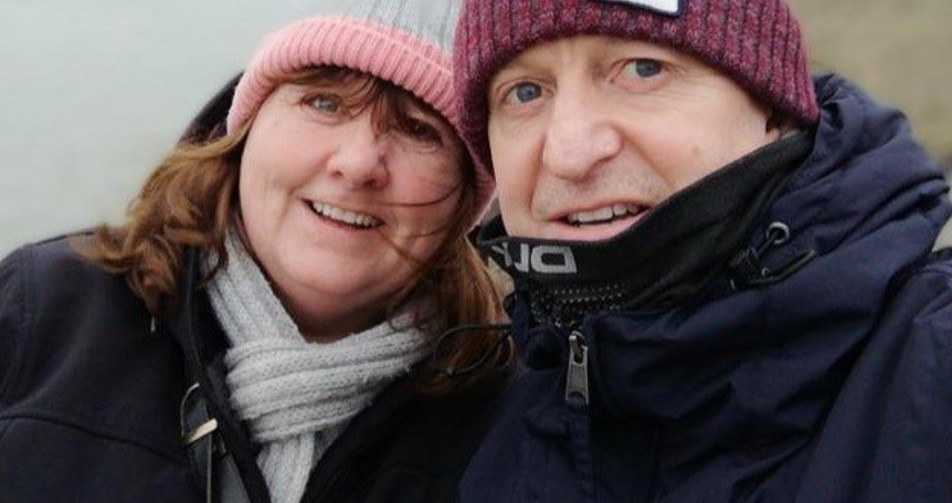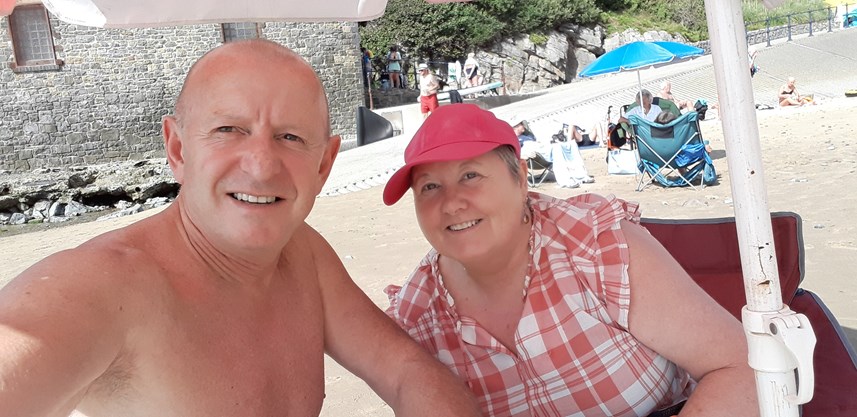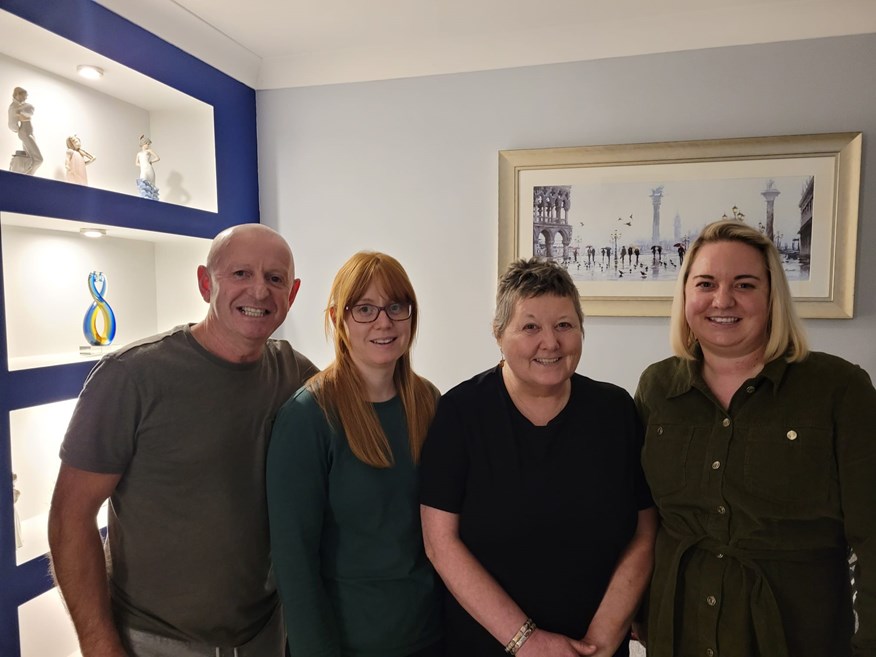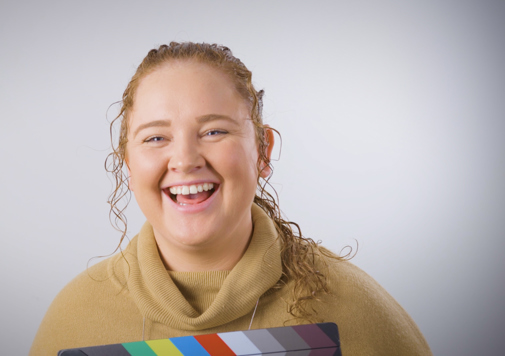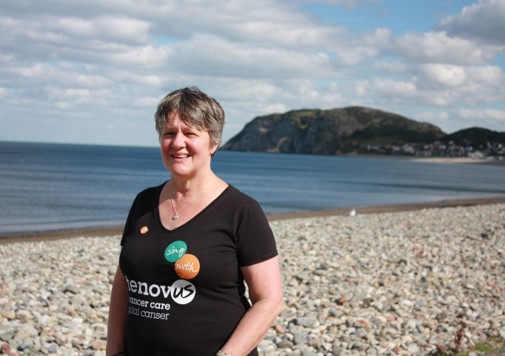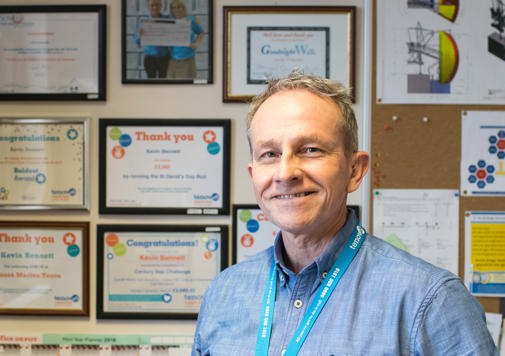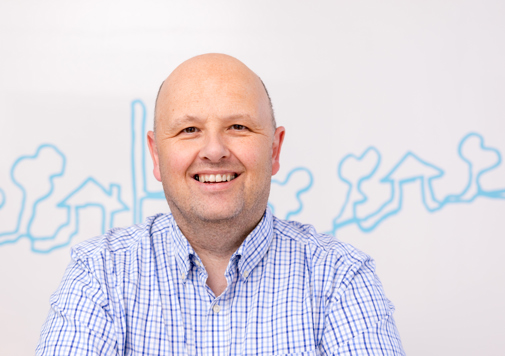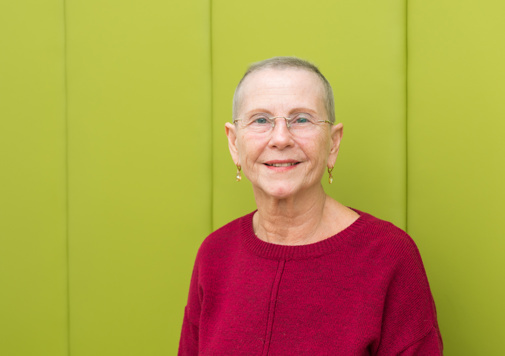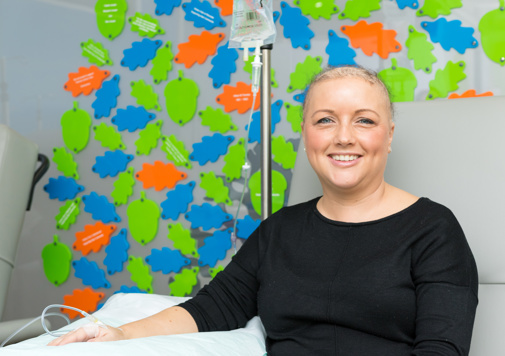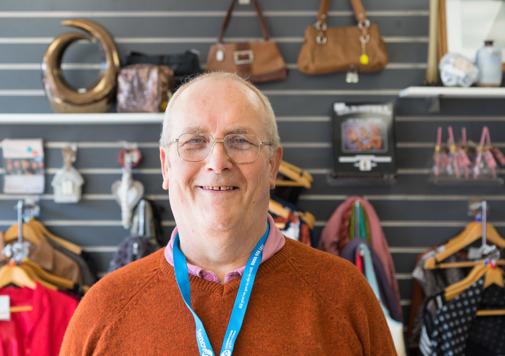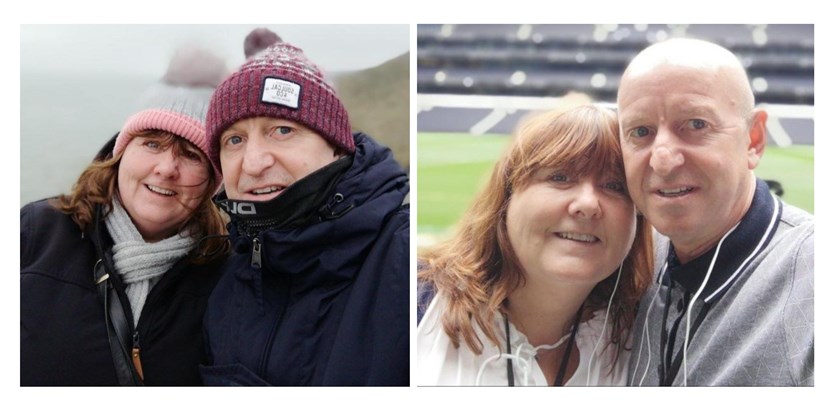
When Sian, 59, was diagnosed with stage 4 ovarian cancer, one of her first thoughts were of her adult daughters and their chances of developing cancer.
Her mother has passed from lung cancer, which had spread to her brain, her aunt had stomach cancer, her cousin breast cancer, and she feared for her children.
Sian started to believe cancer might be in her family line and consultants later confirmed she did have the faulty BRCA 1 gene, the likely cause of her ovarian cancer. After the shock of the diagnosis, she urged all the family to be tested for the rogue gene, including her daughters Katie and Emma who are both in their 30s.
Sadly, it was too late for Sian, a retired health visitor, from Swansea,
“I wouldn’t want my children to through what I had been going through, or anyone else, for that matter” she said.
“It was a feeling of relief, in a way, when I was told I had the faulty BRCA 1 gene, because it meant if my daughters had it too, and they knew they would have a chance I didn’t have. It would have given them an early warning.
The way I saw it is if I’d known I carried the gene, everyone would have been watching and monitoring me. Things might have been very different, but at least my daughters would have the chance I didn’t.”
It came as massive relief to Sian when Katie and Emma discovered they did not have the faulty BRCA 1 gene following testing.
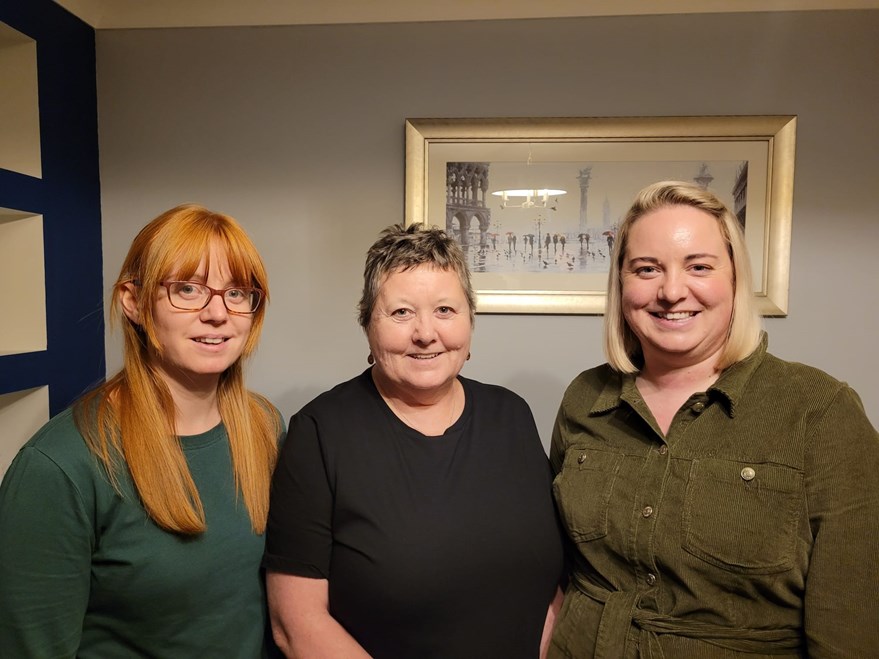
For Sian, who is currently having life-extending treatment, an early diagnosis could have led to an all-clear.
It was whilst lying on her stomach in the shallows of a hotel pool in Spain last year, that Sian discovered a “large, hard lump” in her womb area.
She instinctively knew something was wrong but didn’t want to spoil the holiday so didn’t tell husband Tony.
Within weeks, Sian was to be diagnosed with stage 4 ovarian cancer.

